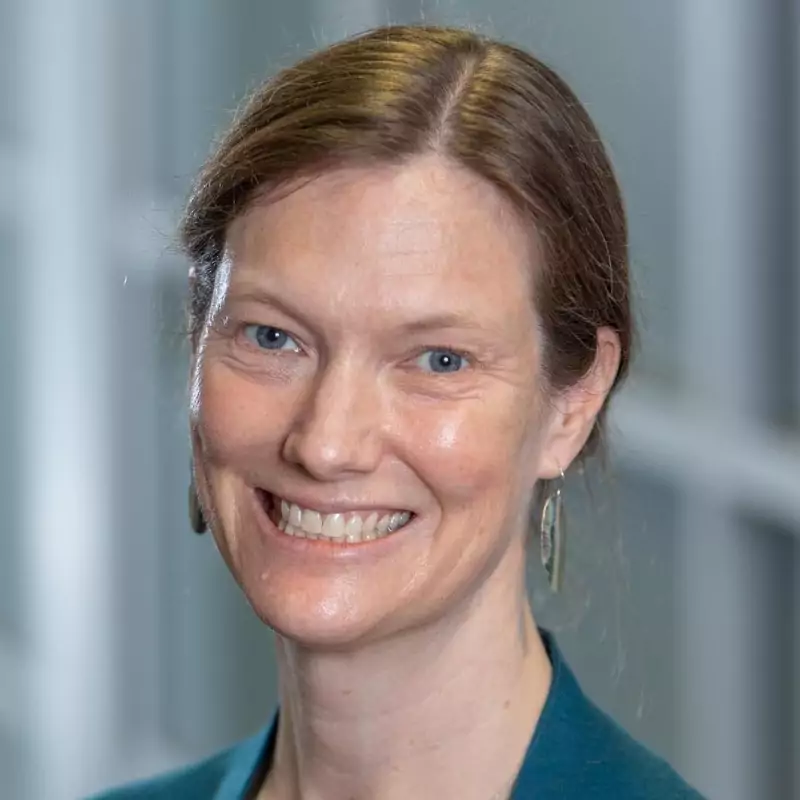A Journey Within and Beyond Depression
If depression were an actor, it might easily hold a grievance: it’s typecast in the role of “evil villain” and, can’t for the life of it, get any parts as hero of the movie. Collectively, we often fail to acknowledge depression’s more dignified qualities and positive attributes. If we ourselves are depressed, we fear being “a downer” to others. If others are depressed, we may fear that they will bring us down.
In any case, we do not want to go “down” – down has come a direction that we are not supposed to go. In the current atmosphere of constant pressure to be (or at least appear!) “up”, many of us feel that we should always be moving upwards, out and away, rocket-launching at life with an explosion of glee. Constant effort to be “up”, however, goes against the natural cycles of emotion. The rest of nature reflects the importance of balanced cycles of up and down, inward and outward, stillness and motion.
Our ability to rebalance ourselves and come to neutral is upset when we do not allow the quiet, rest, softness, and yes, “downbeat” side of life. We forget that downs enhance the ups and vice versa, that the polarity of down and up work together. Melancholy blues and periods of mourning belong to the downbeat. As spotlighted in Disney Pixar’s Inside Out, sadness is an important part of life, helping us to:
-
- Grieve and mourn.
- Complete things and put them to rest.
- Appreciate and understand life’s preciousness.
However, it is not that common to be raised with the gift of being able to honor sadness, allowing it to be there and to therefore appear in our life in its gift-giving form. How many of us feel perfectly comfortable experiencing and authentically embodying the full depths of our sadness? Those of us who know the debilitating symptoms of depression have lost ourselves in the shadow sides of sadness.
Instead of sadness being experienced as a gentle, bittersweet quality that helps bring out the subtle flavors and aftertastes of our embodied experiences of life, sadness becomes an enemy. It becomes too much, and it becomes a relentless, joy-sucking demon. A metaphor we like to use at Villa Kali Ma is the story of Beauty and the Beast. Our rejected parts live like the Beast in a lonely, cursed castle in dark corners of the self.
Only once we develop the courage to get to know our shadow selves and discover their lovability, innocence, and beauty, will we be at peace. Once we love our shadow selves just as they are, we are astonished to discover that, freed from the curse of being called “bad”, our shadows transform and grow into beloved, gorgeous aspects and qualities of our unified whole self.
Those with a diagnosis of clinical depression are living in fear of the Beast, and feel too scared, trapped, powerless, or hopeless to even imagine loving it. We may not even be able to name what it is that we feel, we just know that we want to escape it. If we have depression, we may or may not know that depression is its name – we just know that we have lost touch with joy in life.
-
- We may feel dead inside or wish to die.
- We may feel as though we are standing outside of life, looking in through a window at the seemingly happy others.
- We may desire to be alone, and we may stop engaging with activities of daily living and self-care.
- In our darkest times, we may fantasize about death, or even begin to experiment with taking steps towards making our death happen.
For those of us who know what it’s like to get sucked in and lose our energies, joys, and happiness to black depression, it can be hard to see what any possible positive side there could be to this powerful psychic force. However, the death energy that depression carries is not related to the death of the real self, but the death of the false – everything that has been covering over the direct connection to the “sunlight of the spirit”.
The dark night of the soul, as excruciating as it is, is what happens when life sends us the death principle to help us clear out old dross and debris. Life sends us death energies to take away the hard, encrusted and outdated parts, structures, and aspects of ourselves and our lives, things that maybe should have “died” long ago but have been falsely held “alive” in our minds and souls.
When we discover a way of working with our depression, we can come to love the liberated, fresh newness that follows in its wake. We learn to receive its gifts. Depression is a:
-
- Close companion of addiction.
- Deep-seeded root cause of the use and abuse of substances to numb or manage symptoms.
- Pre-existing mental health condition that, if fueled by substance abuse, becomes a co-occurring disorder.
- Side effect of addiction.
An Integrative, Holistic Approach to Depression Treatment for Women
At Villa Kali Ma, we take a holistic approach to depression treatment for women, by working with its “death energies” to help clear away what you no longer need, what has been holding you back from feeling full-blown connection to the core of life.
We honor the wisdom and validity of what has shown up in your life as a “symptom” by taking an integrative, holistic approach to depression treatment for women. While it is sometimes necessary to treat depression as an illness, with timely intervention we can stop its negative spiral, we honor your symptoms as messages from your psyche that need to be listened to, rather than excised, banished, or medicated away.
If you suffer from depression, please know that we have the utmost compassion for your experience. All of us here at Villa Kali Ma know depression from personal journeys within, as well as from a clinical psychology and practice basis. Using scientifically-supported evidence-based therapies, our comprehensive, individualized holistic approach to depression treatment for women helps to provide relief that reaches far beyond the benefits of antidepressants.
At Villa Kali Ma, all parts of you are welcome to experience our holistic approach to depression treatment for women, including the parts of you which are broken and deeply saddened. We will help you return to life, working with the wisdom contained in your depression to gently clear your path and help you get back on your feet. You deserve help, and you are important to all of life, so we hope that you will let us help you heal.


